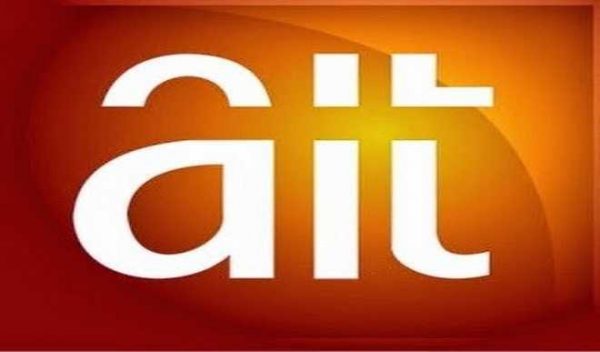The Buhari presidency’s animus against AIT has a four-year history. On April 26, 2015, a reporter and a cameraman of the TV station were estopped from covering the affairs of then President-elect Buhari at the Defence House. And since then, it has been a test of wills. The fount of this hostility is the government’s perception of the broadcaster as an opposition medium.
I have perused the long and winding statement of the NBC, explaining the reasons for its “regulatory blitz” on AIT. It is clear the government wants tamed and docile media that will panegyrise it.
The NBC said the broadcaster is “patently partisan.” I liken this to a Gestapo utterance, but what can be said of NTA, the broadcast appendage of the APC and the government? Really, it is not expected of an independent TV station in a democracy to be the dog of the government; it is not expected that it should be partisan either.
And talking about partisanship, the NBC DG, Modibbo Kawu is a known member of the APC; in fact, he vied in the party’s governorship primary election in Kwara state in October, 2018. Naturally, Kawu’s grail will be to protect the interest of his party rather than that of citizens. This is the hypocrisy that has so demarked this administration, and the fallout of appointing people to positions in government on the basis of patronage and loyalty.
The NBC also instanced the use of social media content as one of the offences of AIT. But why the severe migraine over social media? Only governments known for abuses and violations, like in Cameroon, are these convulsive about the citizens’ media.
In history, the endgame of non-democrats has always been secreted in good intentions and the law. This is not the first assault on the media. The onslaughts have been gradual, calculated and persistent.
For example, an online newspaper had its operations compromised owing to some reports that rattled the government. The news platform was put out of circulation in the interest of “national security”.
A popular columnist was disengaged from an official assignment a night before the event for criticising the government’s handling of a security situation. A few other writers have had their columns suspended by newspapers owing to fears of sanction by the government.
Even a foremost online newspaper has not been spared of attacks despite its unbiased and middle-ground approach to reporting. Months ago, the website of the newspaper was hacked and shut down for a few days after it published a series of reports of corruption in the handling of the Abacha loot by the office of the attorney-general of the federation.
Really, I believe the Buhari government’s onslaught on the media is deliberate and targeted at crushing the last phalanx of check, and perhaps, the opposition.
The government reduced the national assembly to a broken cymbal; it clamped down on the judiciary, and the PDP, which should ordinarily play the obverse role, is destitute of capacitance for opposition. With the media as the only “surviving” institution of check, I think, the government is resolved to dock it to garland its path to an unchecked reign.
As matter of fact, I have a feeling that when the government is done with the mainstream media; it will breathe down, ferociously, on the spines of citizens on social media – its fiercest opposition.
I believe, the reason for this desperate approach is the non-performance of the government because a government that is delivering good governance to citizens will not be scared stiff of opposition.
The Buhari administration is asphyxiating dissenting voices because it knows it has not delivered on its promises to the country, and it does not want citizens to complain of its failure.
The government must realise that the most effective way to shut out opposition is to make Nigerians happy by delivering the benefits of governance to them.
@FredrickNwabufo

